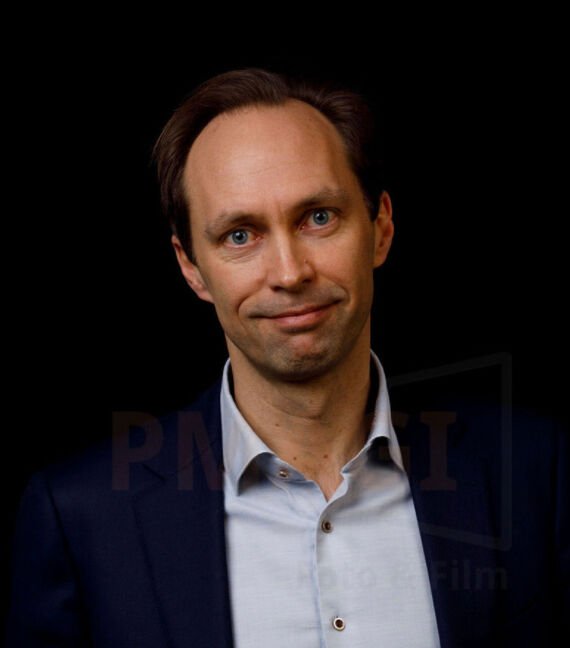Unique project to create better decision support for dementia care

Dementia diseases cost Swedish society around SEK 80 billion per year. The EU has now awarded funding to the Prominent project, which aims to improve both diagnostics and treatment for these diseases. Karolinska Institutet is responsible for the project in the role of coordinator.
Prominent, which is an abbreviation for Precision medicine in neurodegeneration, is a unique collaborative project between academia, healthcare, the pharmaceutical industry and medical device companies.
It is also the first project within the EU's Innovative Health Initiative (IHI), which is a public-private partnership between the European Union and the life science industry.
Approximately 45 per cent of the project funding comes from the private sector and the remainder from Horizon Europe, the EU's framework programme for research. In its role as coordinator, Karolinska Institutet has overall responsibility for the project.

"In the project, we will create a digital decision support system for precision medicine when it comes to investigation, drug prescription and follow-up of dementia diseases," says Linus Jönsson, professor at the Department of Neurobiology, Care Sciences and Society, Karolinska Institutet. "In Sweden, we are at the forefront when it comes to identifying the biomarkers that cause these diseases, but broad collaboration is required to solve this healthcare challenge, which is also growing in line with an increased elderly population."
The system will be tested in a year
The project, with a budget of approximately SEK 120 million, will initially focus on Alzheimer's disease, which is the most common cause of dementia. A total of 14 different partners from the Netherlands, Finland, Spain, Germany, Slovenia and Sweden are involved in the five-year project.
Already in a year's time, the plan is to test the digital decision support at hospitals and clinics in the participating countries.
"Among other things, we want to investigate how the decision support system works technically. Does it help the doctor to make a diagnosis? Can it help predict the progression of the disease? Another aspect is to follow up on new drugs and collect information about how they work in everyday life," Linus Jönsson continues.
Better results with increased precision
One goal is for the decision support system to be able to interact with a wide range of other systems, including electronic health records, mobile devices and other tools, to offer high usability.
Through increased precision in diagnosis, prognosis and management of patients, it is hoped that the decision support system will be able to assist in the choice of care path and optimize the use of drugs and medical technology – all to contribute to improved patient outcomes.
"This project differs from ordinary research projects because it can quickly benefit patients. In the near future, the first inhibitor drugs for Alzheimer's can be introduced in Europe, and we want this decision support to be in place to improve the opportunities for the right diagnosis and the right treatment for each individual patient," concludes Linus Jönsson.
